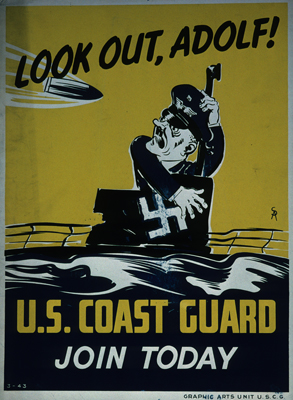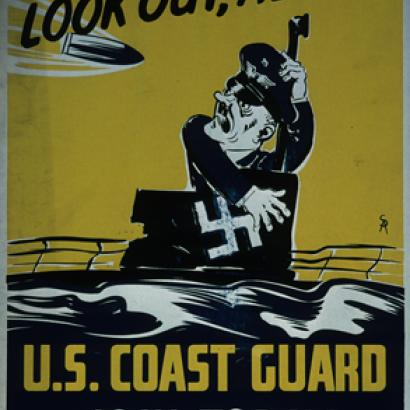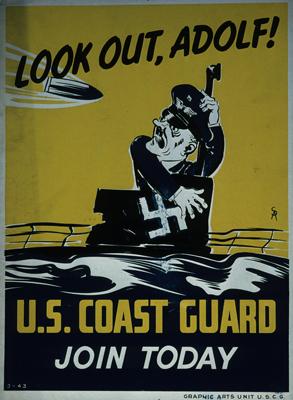- History
- Military

Confronted by accusations that America’s ISIS strategy remains too tepid, the Obama administration is firing back with the argument that larger U.S. military commitments on the ground will actually play into the enemy’s hands. In an Oval Office address, President Obama said that ISIS would respond to such commitments by “using our presence to draw new recruits.” Secretary of Defense Ashton Carter told the Senate Armed Services Committee, “by seeming to Americanize the conflicts in Iraq and Syria, we could well turn those fighting ISIL or inclined to resist their rule into fighting us instead.”
During the Iraq War of 2003 to 2008, the same warnings about anti-American sentiment were heard from a wide range of individuals, including Senator Barack Obama. Events proved the warnings wrong, a fact that casts great doubt on today’s cautions. During the early years of that war, the U.S. military studiously attempted to restrict its involvement in counterinsurgency operations in the belief that an American presence would increase support for the insurgents. Without American forces in the field, however, the Iraqi security forces suffered one catastrophic defeat after another.
The Bush administration decided in late 2006 to send a surge of U.S. forces and engage them much more deeply in counterinsurgency operations. At the time, Senator Obama fiercely opposed that surge. “I am not persuaded that 20,000 additional troops in Iraq is going to solve the sectarian violence there,” he declared in January 2007. “In fact, I think it will do the reverse.”
As we now know, those troops and heightened U.S. involvement in counterinsurgency broke the back of the insurgents. Rising American strength caused Sunni Arabs to join with the United States in finishing off the Sunni extremists. A period of stability and democratic growth followed, which could have been sustained had the Obama administration not withdrawn U.S. forces in ill-considered haste at the end of 2011.
The Iraq War of 2003 to 2008 demonstrated that Sunni Arabs do not harbor an unmitigated hatred for the United States. It showed that they are willing to befriend Americans who are willing to help them fight Muslims whom they truly detest. Extremists who invited the Americans to enter the war quickly learned that they had hastened their own destruction.
Another adversary of the United States, by the name of Adolf Hitler, once invited the United States to attack his empire. Gratuitously declaring war on the United States after Pearl Harbor, he provoked America into going to war against Germany as well as Japan. By today’s logic, the United States should have been worried that sending American forces to invade North Africa, Italy, and France would have been playing into Hitler’s hands. Fortunately for the United States and the rest of the world, Franklin Roosevelt understood that attacking fiendish enemies is generally a better policy than awaiting their attacks.















